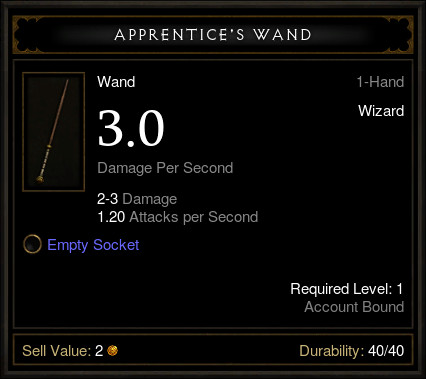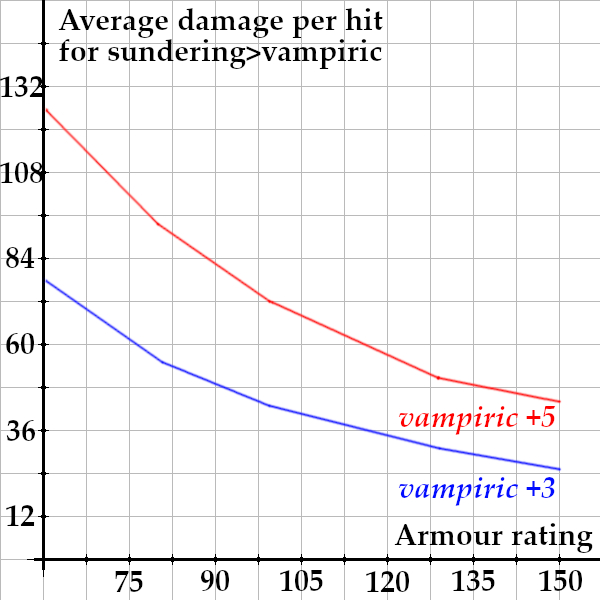

Druids have access to many exploration spells as well but are most noticeably lacking in interaction spells-unless interacting with animals.Īlthough druid spells can be offensive, those that deal damage almost always do so over time.

However, the best of these spells are usually reserved for those classes. They can cast healing and protective spells nearly as well as a cleric, and have offensive options that are nearly as good as a wizard or sorcerer. In many ways, druid spells can be the most versatile of any spellcasting class. The few damaging spells the cleric can cast tend to deal fire, radiant, or necrotic damage. Those which do inflict damage are usually less powerful than those available to warlocks and wizards, either because they have less range, affect a fewer number of creatures, or deal less damage outright. Overall the class has very few damaging spells. The best restorative spells are usually reserved for clerics. While bards can cast protective and healing spells, the best spells in this domain are usually reserved for clerics or paladins.Ĭlerics spells tend to focus on healing, exploration, and protection, with some emphasis being put on spells that relate to death and the divine. They notably lack any spells which strongly invoke elements like ice and fire or any spells that conjure creatures-such spells would likely clash with the bard motif. Few bard spells are blatantly harmful to their targets, but those that inflict damage usually inflict either thunder damage, psychic damage, or damage based on a weapon. They tend to have very few spells that directly aid in combat via healing or by dealing damage.īard spells are usually subtle and focus on interaction far more than the spells of other classes. Summaries of each class's spellcasting identity are listed below.Īrtificer spells tend to focus on item iteration, the study of the arcane, and enhancing either their ability to do things or their allies ability to do things. Clerics, for instance, don't go around casting explosive fireball or arcane magic, just as wizards and sorcerers don't wield spells based on divinity or healing wounds. When creating a spell for existing classes (as opposed to a homebrew class you are making), take into consideration the style of spells available to that class. Complex spells aren't inherently bad, of course, but complexity for the sake of complexity is usually undesirable. A spell with a simpler effect is easier to remember without reference and is generally easier to use. In practice, simpler is generally better. Chances are there is at least one spell that has something in common with what you have in mind. Whenever possible, look for an SRD spell to use as a guideline. It is also assumed you are generally familiar with how spells work in 5th edition (e.g., no "caster level" Concentration is a thing cantrips scale with your character level and not your class level etc). This page assumes you understand the content on the pages 5e SRD:About Spells and 5e SRD:Casting a Spell. Many standards set on this page are based on SRD spells. This page builds on those guidelines and more thoroughly analyzes them. Pages 283 and 284 of the Dungeon Master's Guide provide some basic advice for creating spells. If you do not understand the idea behind this page please leave comments on this page's talk page before making any edits. When the flavor has been changed so that this template is no longer applicable please remove this template. You can help D&D Wiki by finishing and/or adding flavor to this page.
#Average dmg vs dexterity free#
Feel free to jump in and add your wisdom and insight to the community's standards!

Reason: As a community guideline, this page will forever be incomplete. This page is incomplete and/or lacking flavor.


 0 kommentar(er)
0 kommentar(er)
